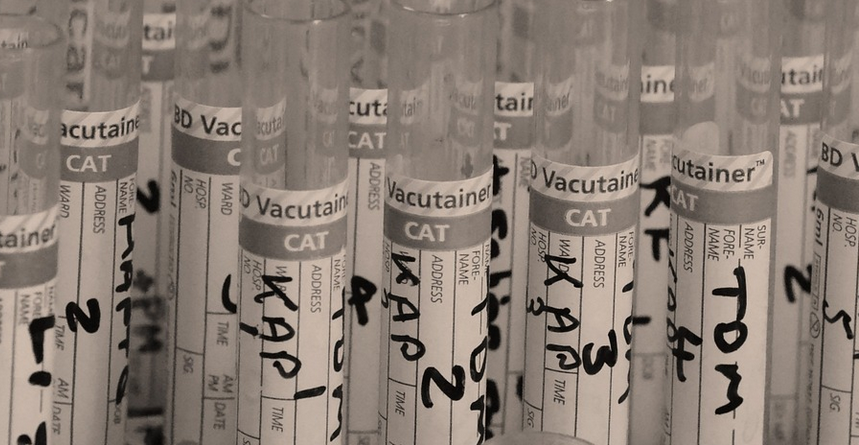What is Insomnia?
Insomnia is a sleep disorder that affects millions of people worldwide. It is characterized by difficulty falling asleep, staying asleep, or both. Insomnia can lead to fatigue, irritability, and decreased productivity. It can be caused by a variety of factors, including stress, anxiety, depression, and medical conditions.
What is Alcohol Withdrawal?
Alcohol withdrawal is a set of symptoms that occur when a person who has been drinking heavily for a prolonged period of time suddenly stops or reduces their alcohol consumption. Symptoms can range from mild to severe and can include anxiety, tremors, sweating, nausea, and seizures. Alcohol withdrawal can be dangerous and should be supervised by a medical professional.
The Connection Between Insomnia and Alcohol Withdrawal
Insomnia is a common symptom of alcohol withdrawal. When a person stops drinking, their body is no longer receiving the sedative effects of alcohol. This can lead to difficulty falling asleep and staying asleep. Insomnia can also be caused by the anxiety and stress that often accompany alcohol withdrawal.
How to Manage Insomnia During Alcohol Withdrawal
There are several strategies that can help manage insomnia during alcohol withdrawal. These include: 1. Maintaining a regular sleep schedule 2. Creating a relaxing bedtime routine 3. Avoiding caffeine and nicotine 4. Exercising regularly 5. Practicing relaxation techniques, such as deep breathing and meditation
When to Seek Professional Help
If insomnia persists despite these strategies, it may be necessary to seek professional help. A healthcare provider can recommend medications or other treatments that can help manage insomnia during alcohol withdrawal.
The Importance of Treating Insomnia and Alcohol Withdrawal
Treating insomnia and alcohol withdrawal is important for several reasons. Insomnia can lead to decreased productivity, irritability, and mood disturbances. If left untreated, alcohol withdrawal can lead to seizures, delirium tremens, and other dangerous complications.
Preventing Insomnia and Alcohol Withdrawal
The best way to prevent insomnia and alcohol withdrawal is to avoid heavy drinking in the first place. If you do choose to drink, do so in moderation and avoid binge drinking. It is also important to seek professional help if you are struggling with alcohol addiction.
Conclusion
Insomnia and alcohol withdrawal are closely linked, and managing insomnia during alcohol withdrawal is important for overall health and well-being. If you are struggling with insomnia or alcohol withdrawal, seek professional help to prevent dangerous complications and improve your quality of life.

